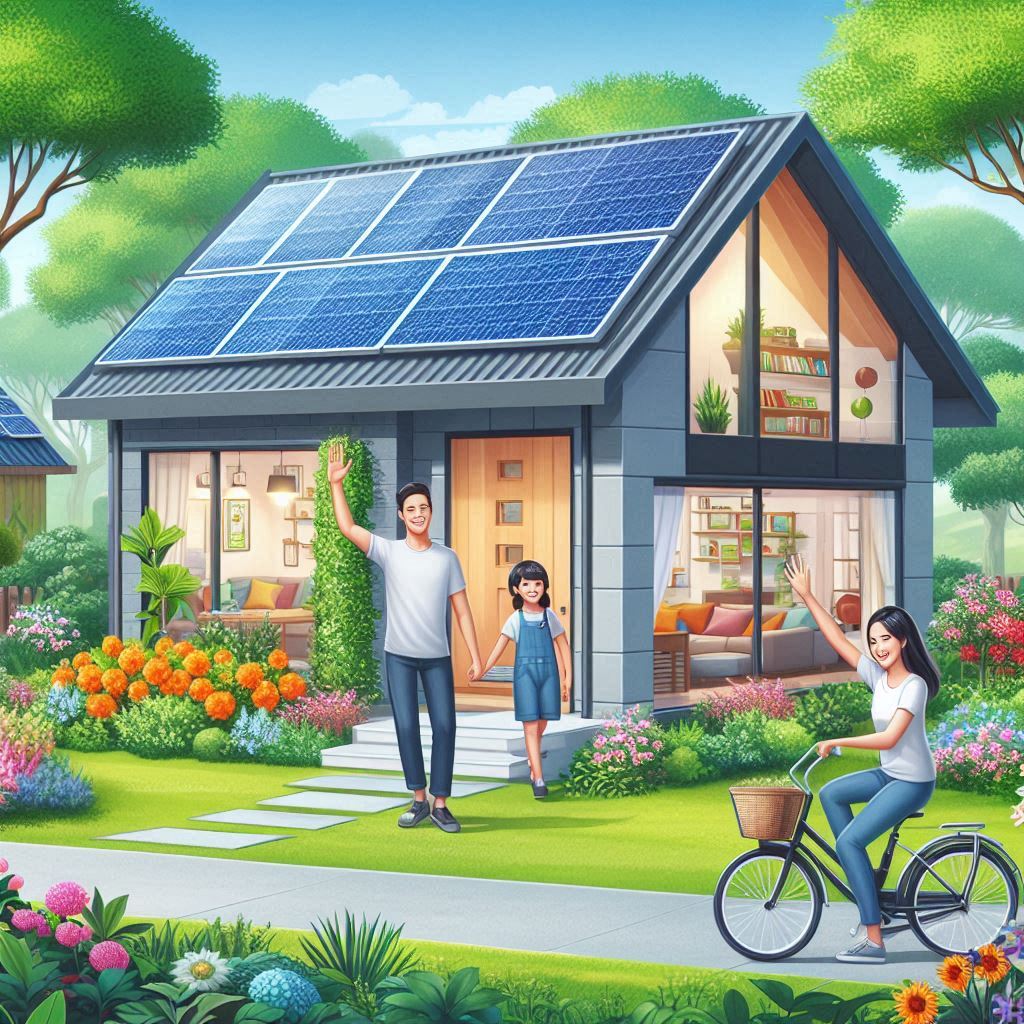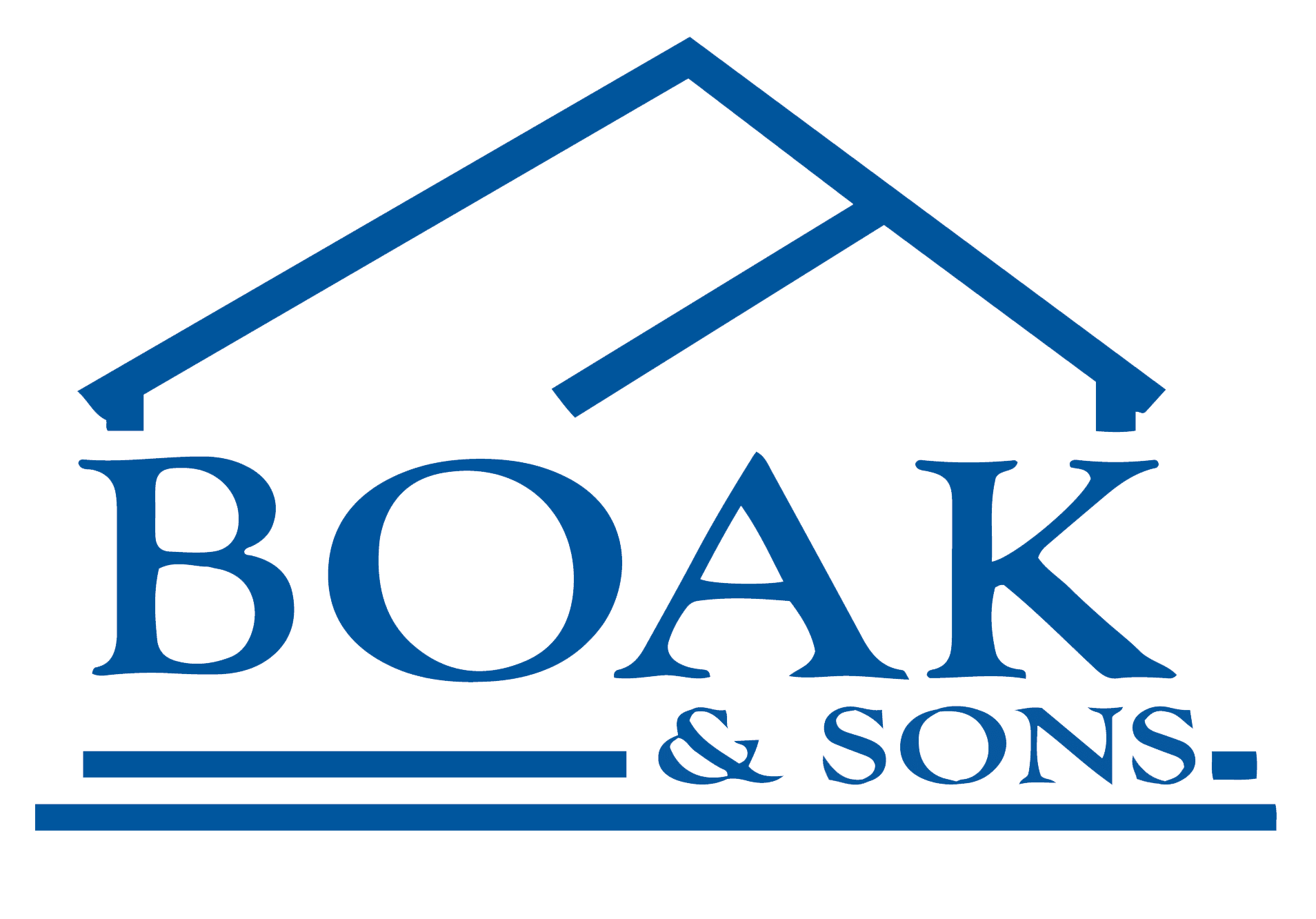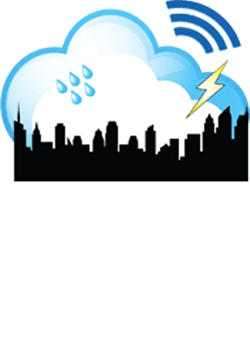
As we move further into 2024, the demand for sustainable and energy-efficient home exteriors continues to rise. Homeowners are increasingly aware of their environmental impact and are looking for ways to reduce their carbon footprint while also saving on energy costs. This trend is reshaping the roofing, insulation, siding, and gutter industries, offering exciting opportunities for contractors to innovate and lead the market.
Sustainable Roofing Materials
One of the most significant trends in roofing is the use of sustainable materials. Options like recycled shingles, reclaimed wood, and metal roofing are becoming popular choices. Metal roofs, in particular, are celebrated for their durability and recyclability. They reflect sunlight, reducing cooling costs, and when they reach the end of their lifespan, they can be fully recycled, minimizing waste1.
Energy-Efficient Insulation
Proper insulation is crucial for maintaining a home’s energy efficiency. Modern insulation materials, such as spray foam and cellulose, offer superior thermal performance. These materials not only keep homes warmer in the winter and cooler in the summer but also reduce energy consumption, leading to lower utility bills. Contractors can educate homeowners on the benefits of upgrading their insulation to these more efficient options1.
Eco-Friendly Siding Options
Siding is another area where sustainability is making waves. Fiber cement siding, made from a mix of cement, sand, and cellulose fibers, is a durable and eco-friendly option. It resists pests, fire, and weather damage, making it a long-lasting choice for homeowners. Additionally, it can be manufactured to mimic the appearance of wood, providing aesthetic appeal without the environmental impact of deforestation1.
Innovative Gutter Solutions
Gutters play a vital role in protecting a home’s foundation by directing water away from the structure. Sustainable gutter options, such as those made from aluminum, are gaining popularity due to their lightweight, corrosion-resistant properties. Additionally, gutter guards and screens can be installed to reduce maintenance and prevent clogs, enhancing the overall efficiency of the gutter system2.
Solar-Friendly Roofs
Integrating solar panels with roofing systems is another trend that’s here to stay. Solar-friendly roofs not only generate renewable energy but also increase the home’s value. Contractors can offer solutions that seamlessly integrate solar panels with the roofing material, providing a sleek and efficient energy solution for homeowners1.
While solar panels offer many benefits, there are some potential downsides to consider:
Roof Damage: Improper installation can lead to roof damage, such as leaks, broken tiles, or structural issues. It’s crucial to have a professional install the panels to avoid these problems1.
Additional Weight: Solar panels add significant weight to your roof. If your roof isn’t structurally sound, this added weight can cause sagging or other damage. A professional assessment of your roof’s weight-bearing capacity is essential before installation1.
Nesting and Pest Infestation: Solar panels can create spaces where birds and other pests might nest, leading to potential damage and electrical hazards1.
High Initial Cost: The upfront cost of purchasing and installing solar panels can be high. While there are long-term savings on energy bills, the initial investment can be a barrier for some homeowners2.
Aesthetic Concerns: Some homeowners may find solar panels unattractive or feel that they detract from the appearance of their home2.
Maintenance and Cleaning: Solar panels require regular cleaning and maintenance to ensure they operate efficiently. This can be an added responsibility for homeowners2.
Recycling Challenges: At the end of their lifespan, solar panels can be difficult and costly to recycle. This can lead to environmental concerns if not managed properly3.
Despite these potential drawbacks, many homeowners find that the benefits of solar panels, such as reduced energy costs and environmental impact, outweigh the negatives. If you’re considering solar panels, it’s important to weigh these factors and consult with a professional to ensure a successful installation.
Conclusion
The shift towards sustainable and energy-efficient home exteriors is more than just a trend—it’s a movement towards a greener future. By embracing these innovations, contractors can meet the growing demand for eco-friendly solutions, helping homeowners reduce their environmental impact and save on energy costs.


